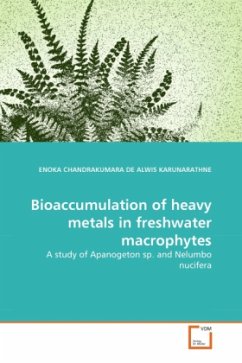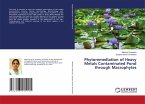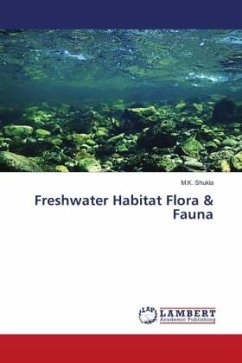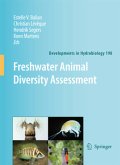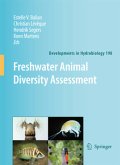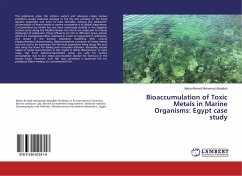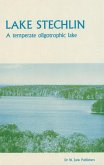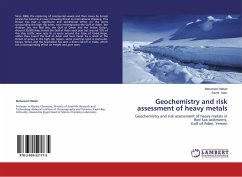Heavy metals are predicted as a class of environmental pollutants which has a potential to develop into a catastrophic situation. Ecological balance of nature is being disturbed, continuously, as a consequence of anthropogenic activities. As a result, hazards of heavy metals are being aggravated along with the other environmental threats. It is important to study and understand the environmental phenomena in order to preserve the hospitability of nature for all the living beings. As at present, food security is questionable for all communities. Norms related to many parameters are yet to be established. This monograph is based on the research carried out to investigate the Bioaccumulation of selected heavy metal types in Aponogeton sp. and Nelumbo nucifera; two of the fresh water macrophytes used as vegetables in Sri Lanka. Contents of this is believed to be useful specifically for those who are involved in and / or interested in research studies of this nature.
